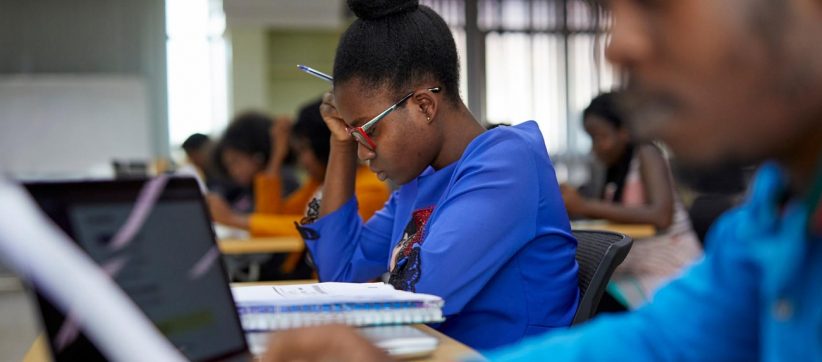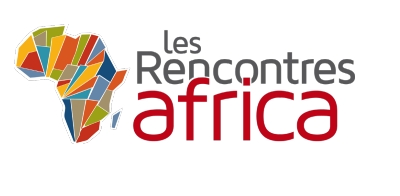This study is inspired by the observations made on the way young African students use new media of communication which came up with technological developments and spread around the world with the help of globalization that interconnects different people around the world.
Thus, to conduct this research, ten most active young African students, (N=10), five boys and five girls aged 20-29, purposedly selected out of thousands to represent our sample in the city of Konya in Turkey were followed with their consent, on their various social media.
With the use of qualitative research, an opened-ended interview was carried to clarify first of all, if there is a difference between their virtual selves and real physical selves; then, how they react to the arrival of new media as they are continuously impacting the educational and professional levels as time goes and finally, if the way people perceive them impacted their virtal selves.
Thus, this research revealed that, most of them particularly use social media either to show off a totally created self just for fun on Tik Tok, Facebook, Instagram, or they use their fake accounts to freely communicate their inner thoughts on sensitive issues like politics or to discuss with the opposite gender.
Few of them create a fake virtual self to hide their real private life, and the last category revealed to use social media for learning and educating others back especially on YouTube channels through which they gain money and also for professional oppotunities on LinkedIn, and Instagram. Besides, another group of users emerged amongst others: “the silent users”, who read everything but do not interact with others on what they are reading.
It emerged that, these young people highly needed these kind of virtual platforms to own the liberty to express their real selves negatively or positively, gain some social recognition from peers, while taking adventage of the instructive and financial sides of the virtual world.
roukayanjoya5@yahoo.fr
Dr Roukaya MEFIRE NJOYA





